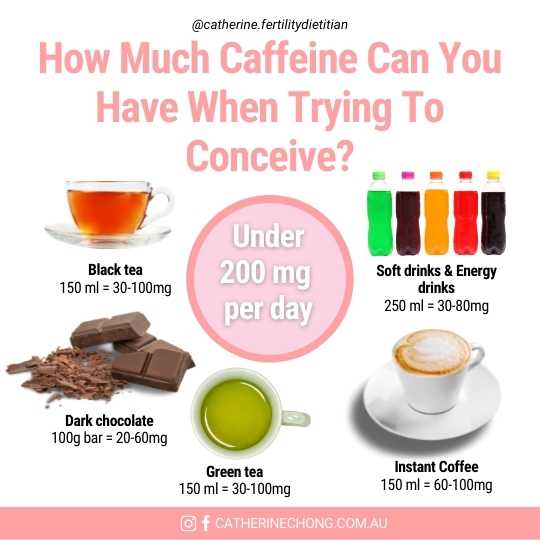Decaf Coffee While Trying To Conceive: What Exactly is Caffeine?
Often found in everyday items like coffee, tea, colas, and even certain foods like chocolate and energy bars, caffeine is a common component of our diets.
As a stimulant, caffeine boosts brain and nervous system activity while also increasing cortisol and adrenaline hormone levels in the body. Its effects are usually felt within 5 to 30 minutes after consumption.
While moderate amounts of caffeine can help enhance alertness and focus, its impact can vary from person to person. An excess dose might lead to heightened anxiety, sleep disruptions, and digestive concerns for some.
This blog delves into the complex relationship between caffeine and decaffeinated coffee while trying to conceive and the pregnancy outcomes.
Impact of Caffeine on Pregnancy: A Closer Look
Recent meta-analyses have unearthed significant correlations between caffeine and coffee intake and adverse pregnancy outcomes. One such analysis reviewed 26 studies and discovered that caffeine and coffee consumption heightened the risk of pregnancy loss. The risk increased by 19% with every additional 150 mg/day of caffeine—approximately the amount in one espresso coffee—and by 8% with every additional two cups of coffee per day.
Another meta-analysis of 60 studies confirmed that greater caffeine intake during pregnancy might increase the risk of spontaneous abortion, stillbirth, low birth weight, and small for gestational age (SGA) infants. Specifically, an additional 100g of caffeine intake was associated with a 14% increase in spontaneous abortion, a 19% increase in stillbirth, a 7% increase in low birth weight, and a 10% increase in SGA.

Caffeine and Its Impact on Fertility
A prospective cohort study in 2018, which consisted of over 11,000 women, found a positive association between pre-pregnancy coffee consumption and the risk of spontaneous abortion (SAB), particularly at weeks 8 – 19. For women consuming four or more servings of coffee per day before pregnancy, the risk of pregnancy loss was increased by 20%
Interestingly, another prospective cohort study of over 2,000 couples trying to conceive in North America found that high caffeine intake among men rather than women was linked to a decrease in fertility. Specifically, men who consumed 300 mg/day or more of caffeine had 28% lower fecundability than those who consumed less than 100 mg/day. The study also indicated that caffeinated tea slightly reduced fertility among women.
Decaf Coffee While Trying to Conceive: A Better Option?
Contrary to what the term ‘decaf’ may suggest, decaffeinated coffee still contains a minimal amount of caffeine. On average, you can expect to find about 4-8 mg of caffeine in decaffeinated coffee, significantly less than in a standard cup.
In a pioneering eight-week randomised controlled trial involving 42 healthy, coffee-drinking adults, researchers examined the effects of caffeinated and decaffeinated coffee on Sex Hormone-Binding Globulin (SHBG) and sex hormones. Participants were divided into three groups to consume daily caffeinated, decaffeinated, or water. While no notable differences were found among groups by week eight, some intriguing changes were observed at the four-week mark.
Specifically, in women, decaffeinated coffee slightly increased SHBG levels and reduced testosterone levels, while caffeinated coffee decreased total testosterone. In men, caffeinated coffee consumption led to an increase in total testosterone and a decrease in estradiol. However, due to the study’s small sample size, the findings should be interpreted cautiously, and further larger-scale studies are needed.
While this blog mainly discusses the pros and cons of decaf coffee while trying to conceive, incorporating foods that naturally support egg health is a fundamental step in your fertility journey. Learn more in our previous blog, which delves deeper into the dietary strategies that can help your fertility.
The Bottom Line
- High caffeine intake is linked to increased risks of pregnancy loss and other adverse pregnancy outcomes.
- Pre-pregnancy coffee consumption, especially four or more servings daily, increases the risk of pregnancy loss.
- Decaffeinated coffee, despite having minimal caffeine, shows some impact on hormone levels.
